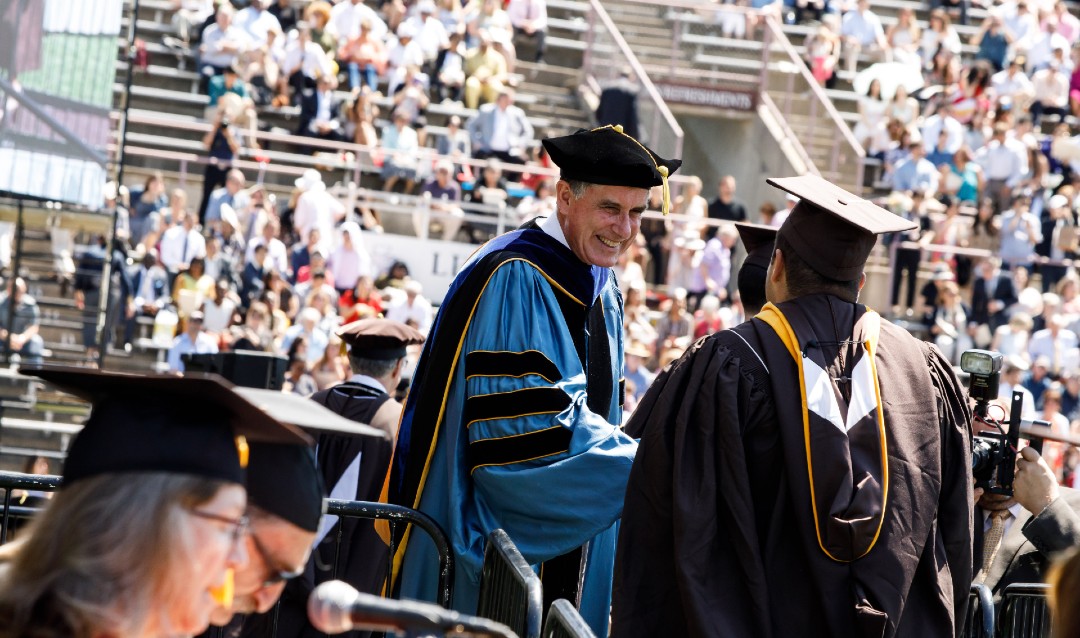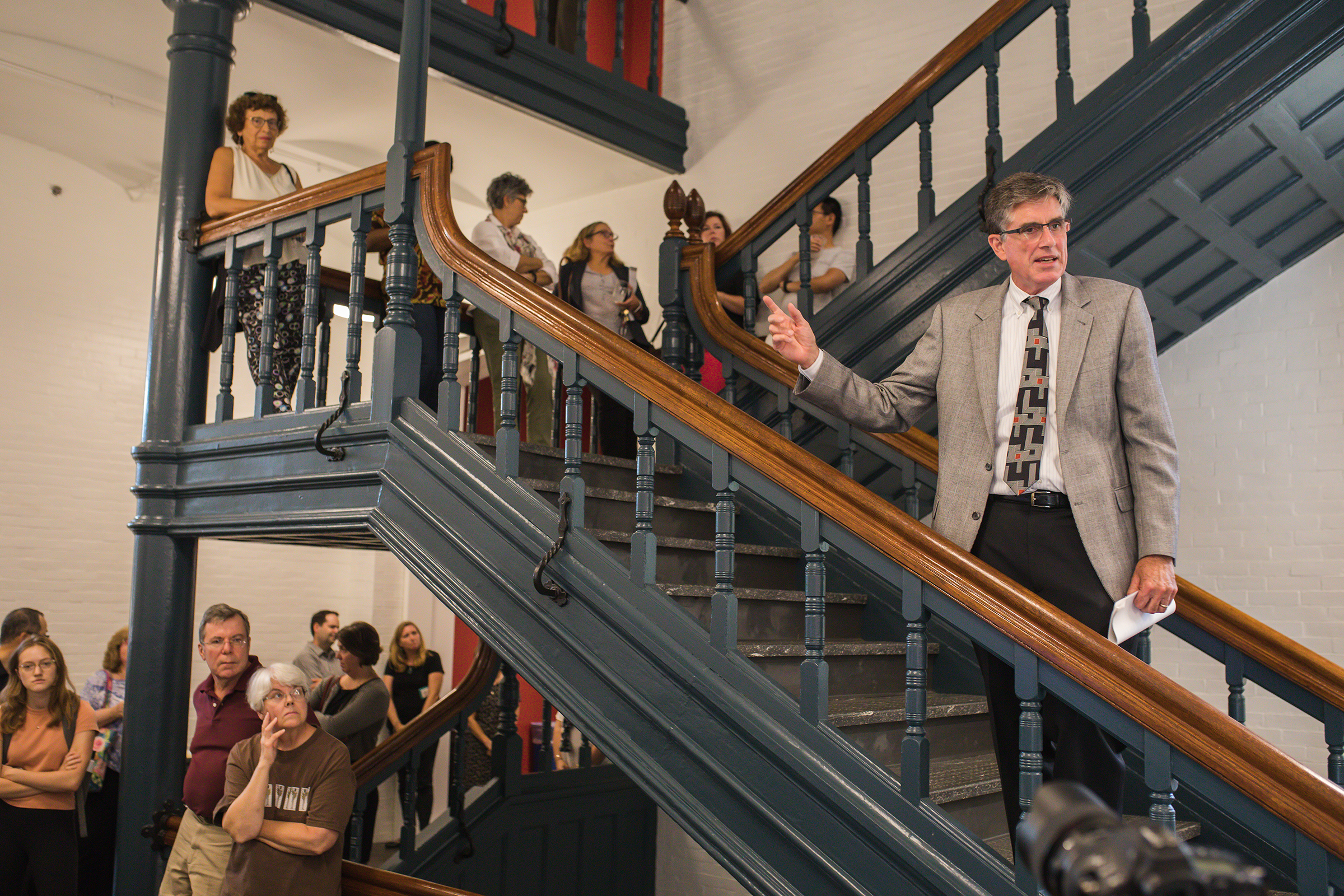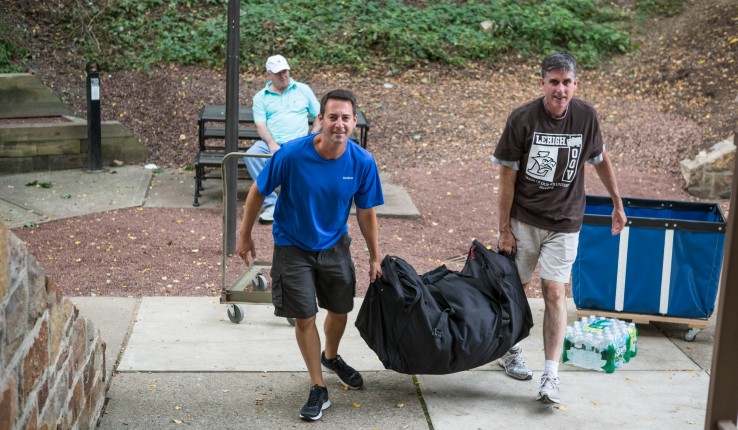Farrell was drawn to the possibilities of engaging people in new ideas and initiatives. Taking on a leadership role would increase those possibilities: “What could you do if you did have a little bit of authority, a little bit of resources and a little bit of an opportunity to set an agenda that would guide some other people's thinking?”
He served in several leadership roles in the College of Engineering before taking the helm as provost and vice chancellor for academic affairs. He went on to lead several successful initiatives, including the university’s two-year reaccreditation self-study, and the campus-wide effort to define a set of learning outcomes expected of all graduates, known as The Wisconsin Experience. Farrell also prioritized the recruitment, hiring and retention of skilled and diverse faculty, staff and students.
Leadership, Farrell says, “is not so much a single thing, a singular style, as it is a way to enable an organization or a community of folks to achieve something remarkable.”
The “trick,” he says, is for a leader to recognize a need, usually emerging from faculty, staff and students, estimating what existing resources might help meet that need, and thinking about what might be built within the culture of the community to help bring about success. “Perhaps even more important,” he says, “is to support [the community] through challenging the goal we set for ourselves in the first place. Is it ambitious enough? Out of reach? Too easy? Add to that helping folks feel comfortable in a world of uncertainty and parallel—not sequential—work.”
Farrell says he enjoys most the type of project that has the potential to be transformative beyond the project itself. Lehigh’s Cluster Initiative, he says, is a good example of one that presented opportunities for changing “how we think about faculty and who faculty work with and how faculty select each other and how we think about the next generation of faculty we want to join us.”
The initiative itself, Farrell says, is the hands-on application—and the change in thinking that accompanies it can persist long after the hiring process is complete. “That’s what you really want,” he says.
Farrell’s early statements about Lehigh’s College of Health followed the same line of thought.
He said in November 2018, “We would like to get a head start on thinking about what this college might look like, all fitting under the broad heading of ‘here’s what we’re trying to do with the new college.’ How do we think about these particular areas in ways that best complement or support what we’re trying to do? They might look different from how we do these things in current colleges. In fact, it’s possible they might look quite different.”
Today, as the College of Health prepares to welcome its first cohort of undergraduate students in the fall, Farrell maintains that perspective: “I think [the College of Health is] going to be really big for Lehigh in the future. And if we can use that as a way to say, ‘How does it also help us in a transformational way think differently about what academic units look like [and] how do they work together?’, that might be every bit as important as the College of Health itself, when we're all done.”
Always Looking to the Future
Farrell’s final months as provost were not quite what he—or anyone—expected them to be. The COVID-19 crisis and its impact on higher education made for a challenging spring semester and forced Lehigh’s administration to make some difficult decisions.
“COVID-19 was unexpected and pretty pervasive,” he says. “There’s not much it doesn’t touch in one way or another.”





